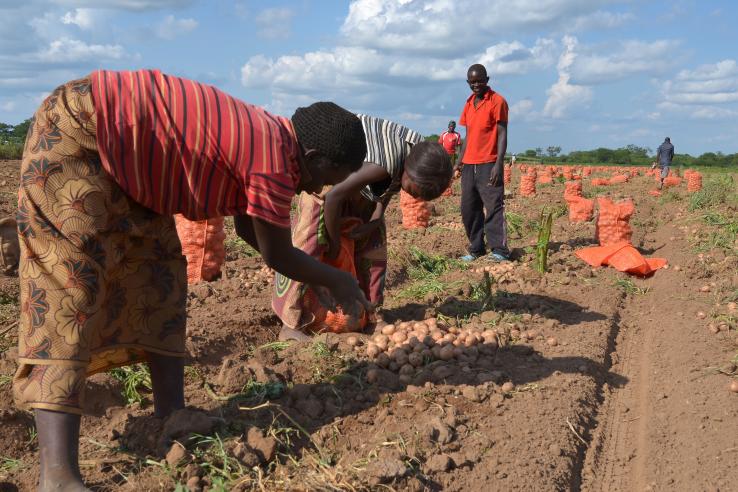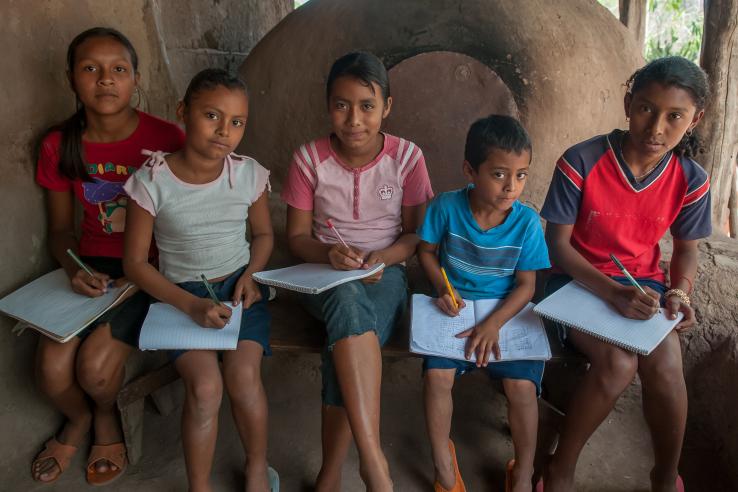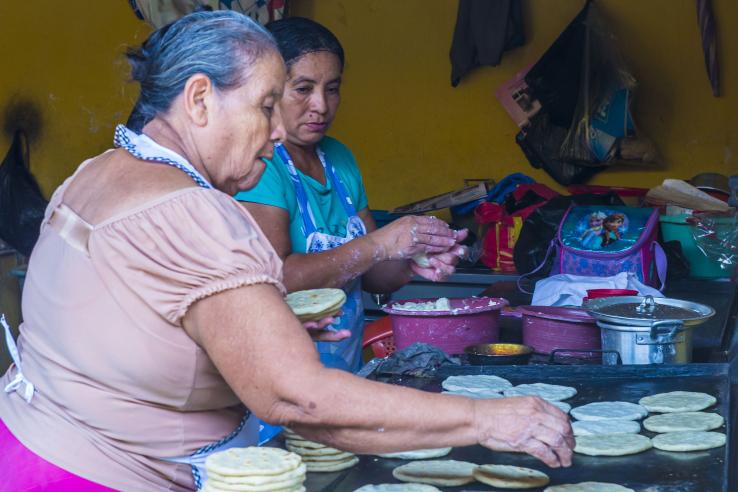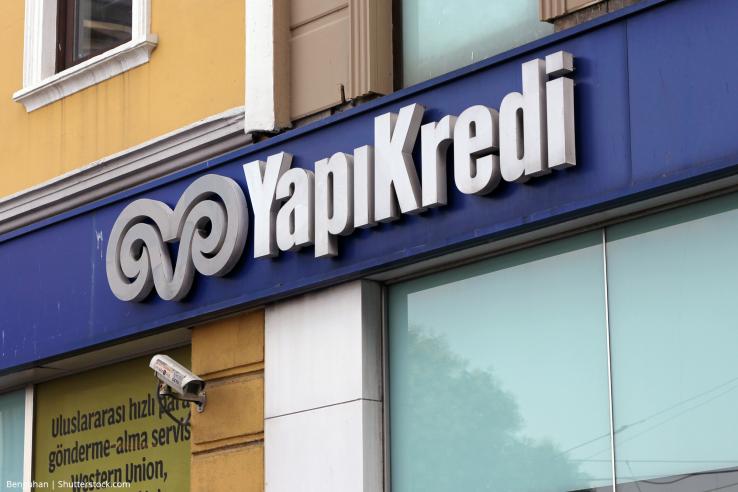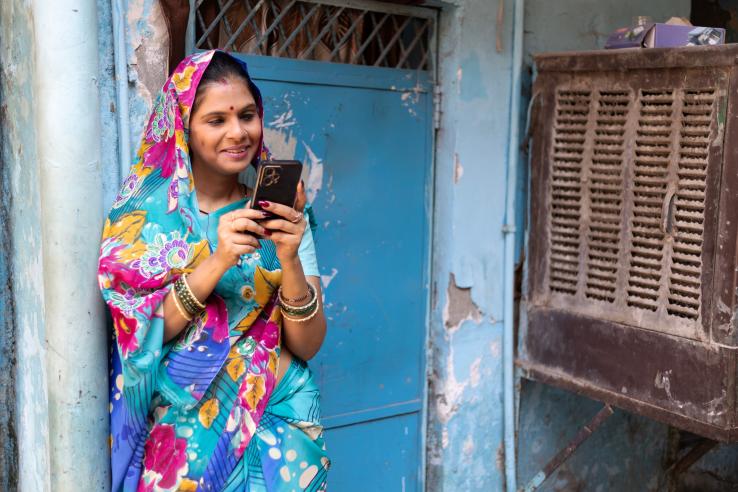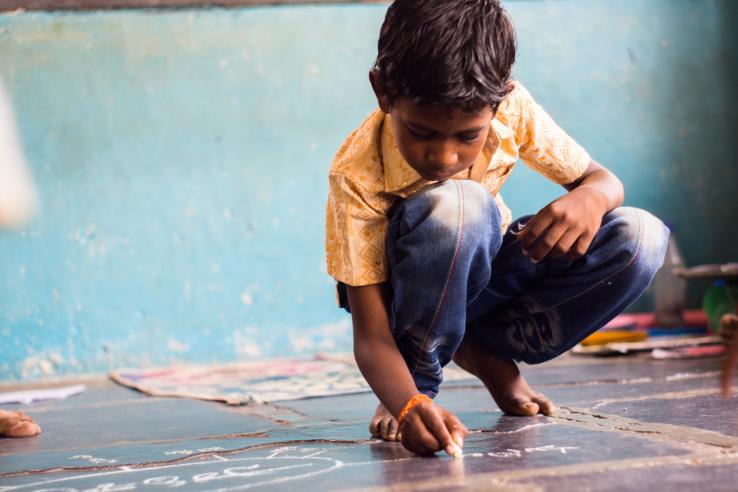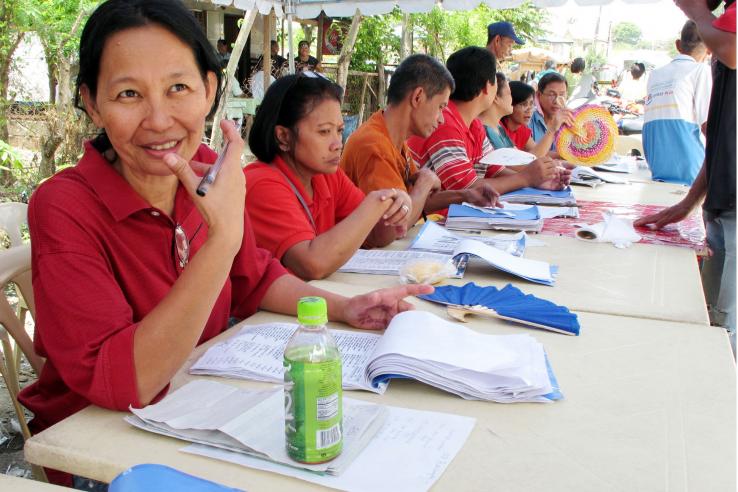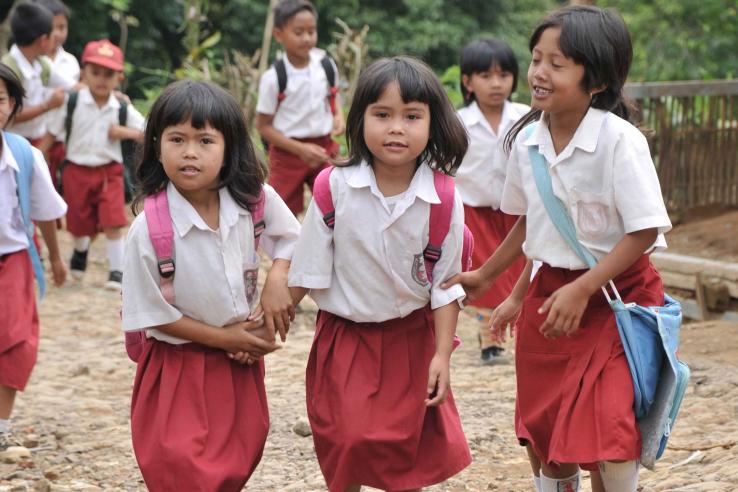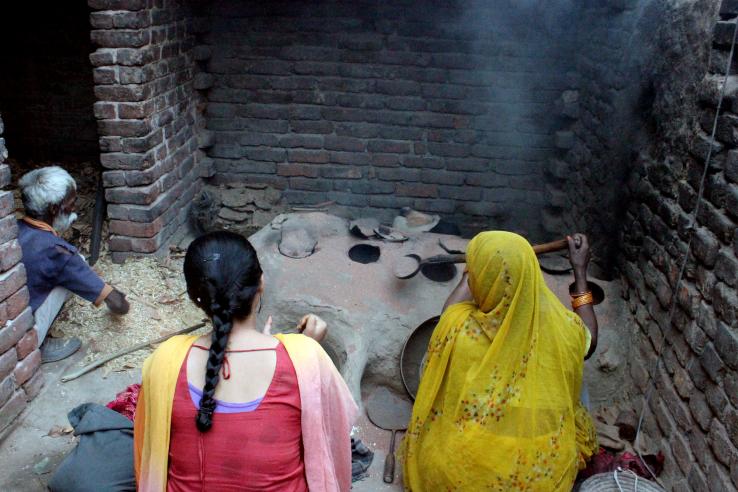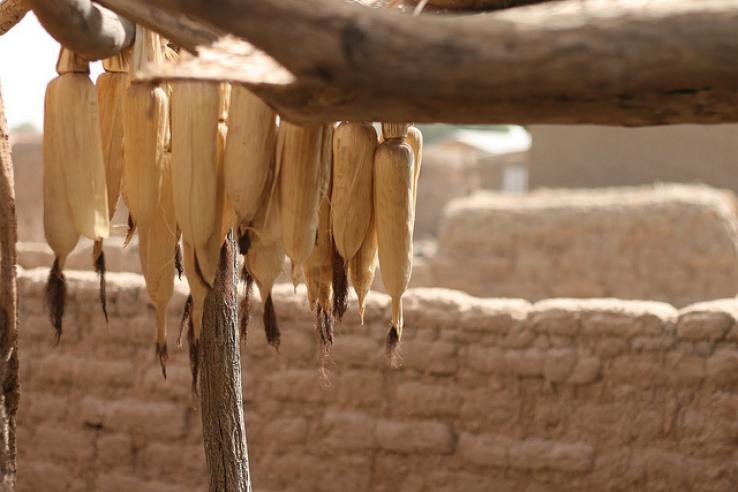Displaying 526 - 540 of 1291
Evaluation
The researcher evaluated an opposition party’s door-to-door information campaign regarding increases in executive power or executive performance to determine the impact of widespread, non-state-authorized information on voter partisanship. In neighborhoods with majority opposition supporters, opposition increased; in neighborhoods with majority incumbent supporters, incumbent support increased.
Evaluation
Researchers evaluated the effect of social pressure to share income on farmers’ spending decisions by varying whether income from large cash prizes was received in a public or private setting. Receiving prize money in a public setting induced individuals to spend one-third more of their money in the first week than they would have had they received the money in private.
Evaluation
Researchers studied the impact of an innovative taxpayer recognition program that appealed to business owners’ desires for social recognition on firms’ value-added tax (VAT) compliance and payment rates in Dhaka, Bangladesh. Preliminary results suggested that in areas where some firms were already paying taxes, sharing information on compliance in the area increased compliance and payments from neighboring firms that had not been making tax payments.
Evaluation
Researchers worked with the Government of Nicaragua to evaluate the long-term impact of time-limited CCTs on education, reproductive health, and labor market outcomes. Ten years later, people whose families were offered cash transfers when they were younger children had higher labor force participation and earnings on average than people whose families were offered cash transfers when they were older children.
Evaluation
Researchers evaluated two programs to explore factors that may influence the amount of remittances people send: a temporary discount on the transaction fee and the provision of information about the returns to education in their home country. While the information about education did not change remittance amounts, the fee discount led to a substantial increase in the number of remittance transactions and the total amount remitted.
Evaluation
Researchers evaluated the impact of informational reminders and price discounts on bank clients’ overdraft usage in Turkey. While messages on the availability of overdraft protection services increased usage, messages promoting an overdraft discount actually reduced overdraft usage, potentially because the discount message reminded individuals of the costs associated with an overdraft.
Evaluation
Researchers are testing the relative effect on knowledge and savings behaviors of training customers through business correspondent agents and giving customers financial information directly, using an innovative mobile-based information platform.
Evaluation
In the Dominican Republic, researchers investigated families’ perceptions of the returns to education and whether providing information on the actual returns to education would change their schooling decisions. They found that students significantly underestimated the returns to secondary education, and providing them with information about the actual returns led them to complete 0.2 additional years of schooling.
Evaluation
To test whether TaRL can be implemented at-scale in government schools, researchers partnered with Pratham and the Government of Uttar Pradesh to evaluate the impact of high-intensity learning camps during school hours. The model proved highly effective, bringing about large improvements in student’s language and math learning levels.
Evaluation
In Argentina, a researcher evaluated whether informing students of their potential could be a cost-effective way to increase motivation and improve educational outcomes among secondary school students. They found that the intervention did not impact students’ perceptions of the difficulty of school tasks, school climate, academic performance, or future education plans.
Evaluation
Can a multi-dimensional program enhance parental involvement and student outcomes? Programa Aprender en Familia (Family Learning or PAF), a program implemented in elementary public schools attended by poor students in Chile, led to improved parental involvement and improved relationships between parents, students, and teachers. Results were largest for younger students (second through fourth grades) and the second cohort of schools to receive the program.
Evaluation
Researchers partnered with two political parties in the Philippines to evaluate the effect of deliberative campaigns on voter turnout and vote shares. While deliberative town halls did not increase voter turnout, results suggest that they were effective in increasing vote shares by changing voters’ attitudes and making the party’s platform more persuasive among specific societal groups.
Evaluation
Researchers partnered with the Government of Indonesia to evaluate the impact of community block grants and the additional effect of performance incentives. They found that community block grants improved health and education in Indonesian villages, and adding performance incentives sped up improvements in health.
Evaluation
While researchers found a meaningful reduction in smoke inhalation in the first year after households received an improved stove, there was no effect over longer time horizons. The difference between the laboratory and field results is due to households’ revealed low valuation of the stoves. Households failed to use the stoves regularly or appropriately, did not make the necessary investments to maintain them properly, and use ultimately declined over time.
Evaluation
Researchers evaluated the impact of additional investments in agriculture on income for subsistence farmers. In rural Mali, giving some farmers unrestricted cash grants led to significantly higher productivity and profits, suggesting farmers would invest more in their farms if they had more capital.
